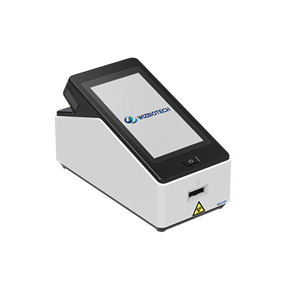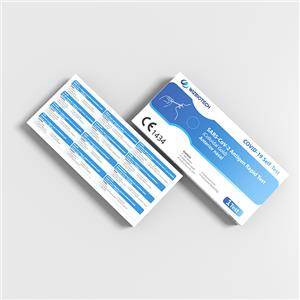Why C-peptide doesn't work as a routine test for blood glucose management?
C-peptide is a valuable indicator of insulin secretion and pancreatic beta-cell function, and while it is not typically used as a routine measure in blood glucose management, it serves specific purposes in the diagnosis and management of diabetes .
The importance of C-peptide testing lies in its ability to assess endogenous insulin production, which is not influenced by exogenous insulin administration, a common scenario in patients with diabetes on insulin therapy. This makes C-peptide a reliable marker for determining the residual beta-cell function, particularly in the differentiation between type 1 and type 2 diabetes, and in monitoring the progression of the disease over time .
Moreover, C-peptide levels have been correlated with the risk of developing diabetic complications. Lower C-peptide levels are associated with poorer glycemic control, which can lead to an increased incidence of microvascular and macrovascular complications .

In clinical practice, C-peptide is used in cases where there is a need to differentiate between insulin-dependent and non-insulin-dependent hypoglycemia, as well as in the diagnosis of certain conditions such as insulinoma and factitious hypoglycemia . Additionally, it can be a useful predictor of the need for future insulin therapy in patients with type 2 diabetes and has been shown to be a potential predictor of diabetes complications .
However, for routine glucose management, direct glucose measurements such as capillary blood glucose monitoring, HbA1c test, and continuous glucose monitoring (CGM) are more commonly used due to their direct reflection of blood sugar levels. C-peptide testing is generally reserved for specific clinical scenarios rather than day-to-day glucose management.
In conclusion, while C-peptide is not a standard biomarker in routine blood glucose management, it plays a significant role in certain aspects of diabetes care, particularly in the assessment of beta-cell function and the risk of complications.




